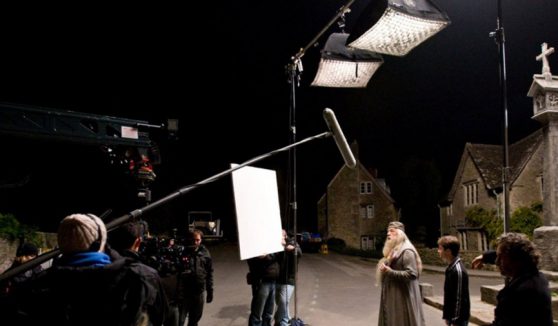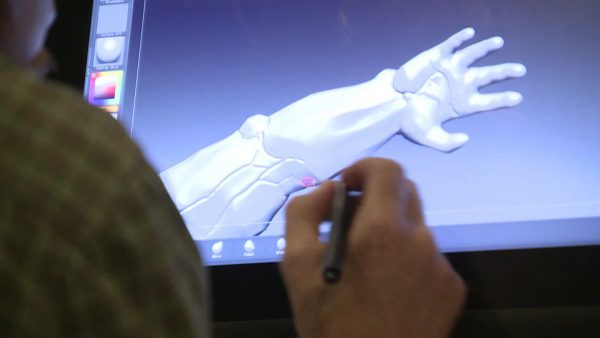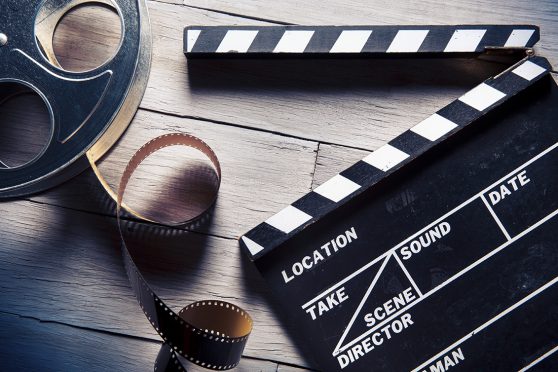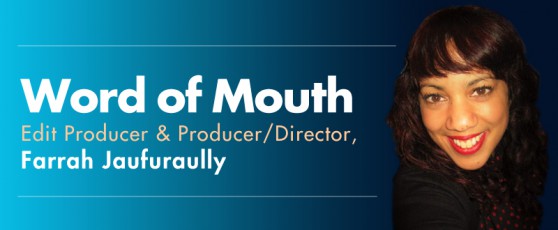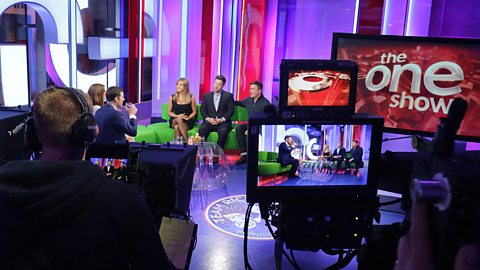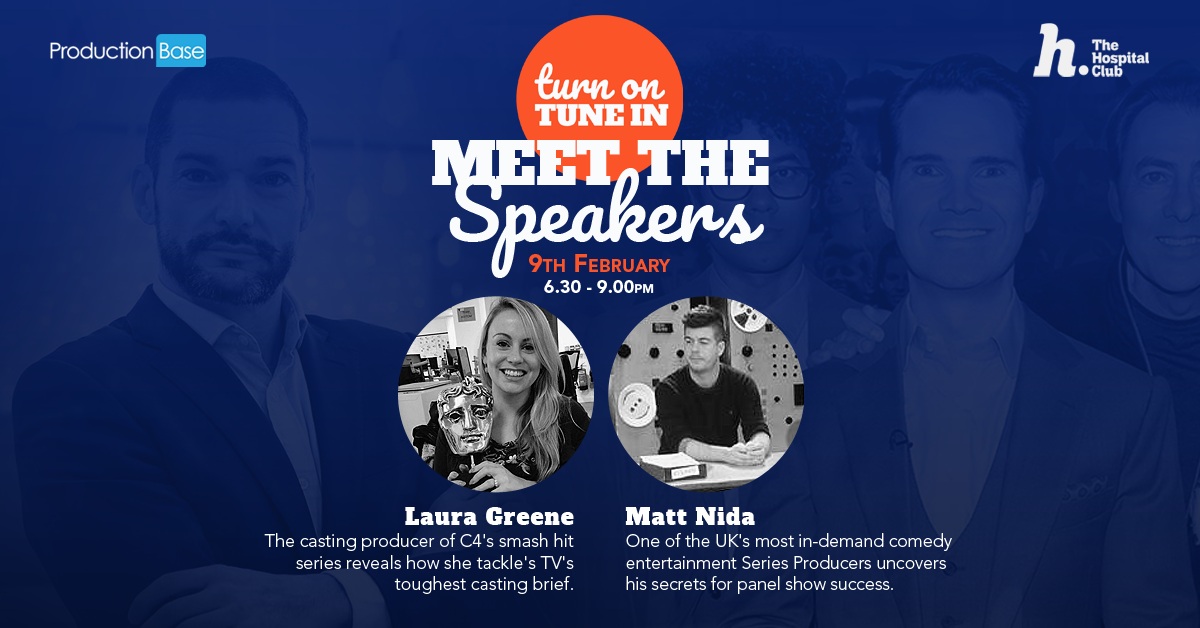
In this edition of Word of Mouth we talk to Sound Designer, Paul Guiver, about the rise of technology, the dark arts of the Foley Artist, and creating sound effects with coconuts.
How would you explain the role of the Sound Designer to a layman in one sentence?
Storytelling with sound: creating mood, light, shade and adding dynamics to the soundtrack.
What made you want to pursue a career in sound production, and what was your first job?
I was a musician in my teens and early twenties, this gave me experience of composing, recording and eventually making records. During this time, I was producing my own music and becoming more and more interested in the technical side. When I saw an advert in one of the national newspapers recruiting people for a television production course I jumped at the chance. I absolutely loved it; a perfect marriage of technical and creative skills and knew this was the direction for me.
My first job was working for Radio City in Liverpool as a Music Mixer / Engineer. It was a fantastic first job – recording both the shows and live performances.
What would you say is the biggest misconception about the world of sound design?
Ha! Probably the use of coconuts to create sound effects! Seriously, good sound design, ADR and foley is often transparent, people are only aware of the art if it is badly performed. It’s a backhanded compliment if a scene where the sound has been totally replaced goes un-noticed.
Read More
